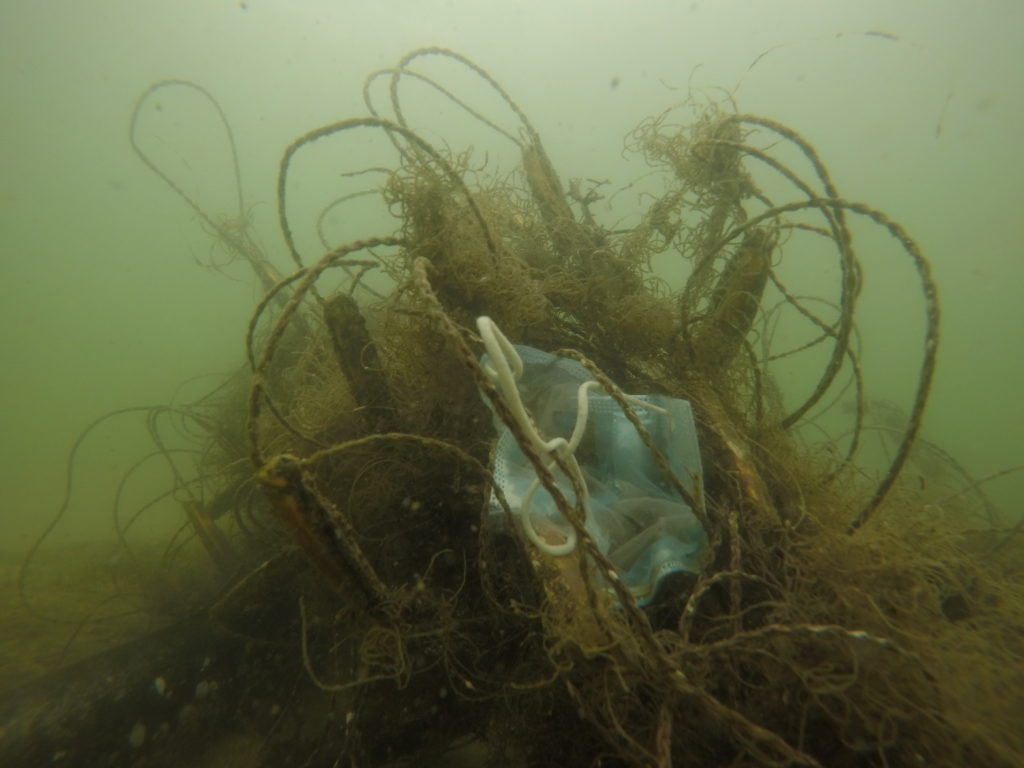PPE & THE NEGATIVE EFFECTS ON THE ENVIRONMENT
Since our first post at the end of February 2020 regarding our findings of single-use face masks washing up on the remote Soko Islands in Hong Kong, we have been inundated with media inquiries. What started out as a simple post to remind people to be more responsible and to dispose of their masks in a correct manner, has had over 1,900+ individual news articles written in almost every country on Earth, in multiple languages from Russian to Spanish, Indonesian, Japanese, Hungarian, and more! Our videos have been featured on major news networks such as the BBC, ABC, CGTN, SKY News and many more. Our message has been simple….
WEAR A FACE MASK!!!!
However, the pandemic is here to stay for the immediate future, and now that we are into our eighth month, we need to be more sustainable. The amount of waste being produced is astronomical and places a strain on our waste management facilities. Prior to the pandemic, the waste management systems of many countries were already struggling to keep up with excessive consumption and wasteful lifestyles. Now, with the addition of personal protective equipment (PPE) used by the general public en masse, these systems are failing to cope.
We have been approached by many new companies that produce REUSABLE masks. Some of these are better than others, and as we are not medical professionals, we have been reluctant to recommend any in particular, The long and short of it is, ANY reusable mask is going to be better for the environment, from a simple cloth covering, to a full blown N95 rated mask. Many people have contacted us asking what we suggest/use, so we have decided to share a company that we came across that we feel have good products, that has environmental credibility, and that shares our values.
Cuvcov face masks are a way to protect yourself from 95% of polluting micro-particles like bacteria, viruses, pollen, and dust. Their aim is to provide a simple yet smart face cover that offers the best quality, comfort, and style while also being conscious about the world we share with others.They also donate one mask for each mask sold to someone in need.
*** WE DO NOT RECEIVE ANY FINANCIAL GAIN FROM PROMOTING CUVCOV PRODUCTS ***
We would like to be very clear, if you do not have a reusable mask available or if one is not appropriate in your situation, then by all means use a single-use product, just please ensure that this mask is disposed of properly. We would also like to state that Cuvcov and other re-usable masks while good, ARE NOT MEDICAL GRADE, and anyone working in a medical environment or entering a medical environment should use a MEDICALLY RATED single-use mask. However, for day to day use, in the car, supermarket, and office, these reusable masks are more than adequate in combination with good personal hygiene, using alcohol hand gel to keep your hands clean, and avoiding touching your face.
PPE THREATS TO MARINE WILDLIFE
The single-use masks and latex gloves that have been used across the world are now being found on many coastlines, above and below the waves, as well as in parks, on public transport, and in our streets. Remember, all drains lead to the ocean, and this is one way that masks are entering our environment. The threat they pose to marine life is significant.
If an animal mistakes plastic for food, which is sadly a common occurrence, the plastic can fill stomachs, reducing food intake, causing animals to starve and die. Marine plastic adsorbs toxins and organic pollutants, which means that particles of pollutants adhere to the surface of the plastic as a toxic film. As a result, marine animals that ingest plastic can also be poisoned. It may kill them outright, or weaken them, making them more susceptible to other threats. Ingested plastic can impair reproduction, growth, and development of young.
Floating plastic can serve as a vector for spreading invasive species, poison and smother corals, and can entangle marine animals, leading to impaired mobility, infection, limb amputation, starvation, suffocation, and death.
We recently filmed some masks that we discovered underwater in the bay leading into the beach we have been monitoring in the Sokos. We found masks caught in a ghost net (lost or discarded fishing gear) and other debris, as well as one that was free floating. It was alarming to see how is plastic pollution moved in the water column, very similar to jellyfish, making this a serious concern to turtles that predate on jellyfish. A recent study found that the algal growth on marine plastic pollution may also encourage sea turtles to eat marine plastic.
Once plastic enters the marine environment it doesn’t disappear, but breaks down into smaller and smaller pieces, wreaking havoc throughout the food web. A single face mask could take hundreds of years to break down into microplastic, the kind of microplastic is now being found in fish destined for human consumption, sea salt, and even sea spray!
Every piece of plastic we prevent from entering our oceans is important!

